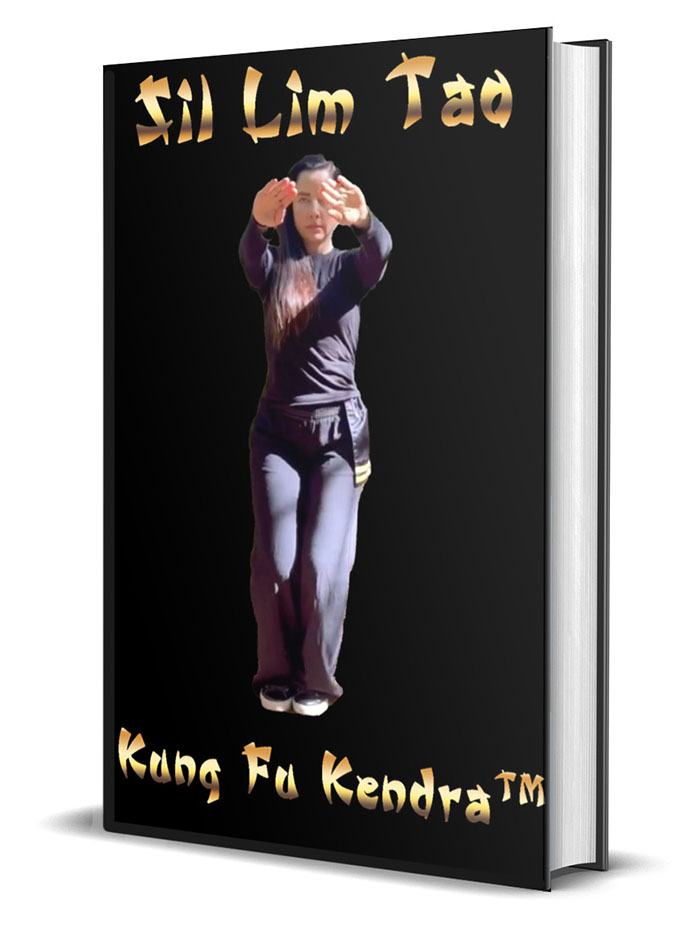The Cult of Ip Man: Hero Worship or Real Martial Art Wisdom?
Few figures in martial arts history loom as large as Ip Man—a master whose name has been woven into legend, cinema, and the hearts of countless practitioners. But what truly lies at the core of the “cult” of Ip Man: is it mere hero worship, or is there authentic martial wisdom underlying the reverence? To answer this, we need to examine not only the mythic aura that surrounds him, but also his proven contributions and the real lessons that have shaped the world of Wing Chun and beyond.
Ip Man’s legend has evolved through both fact and dramatic retelling. Born in 1893 in Foshan, China, he lived through war, upheaval, and personal hardship, eventually cementing his reputation in Hong Kong as a grandmaster of Wing Chun—a close-range, efficient southern Chinese martial art. His students, most notably Bruce Lee, became global icons. The resurgence of his fame in the 21st century, amplified by film portrayals, has at times blurred the distinction between man and myth. While the movies have dramatized his battles and virtues, they are grounded in real aspects of his character: discipline, resilience, and a deep commitment to sharing martial knowledge more openly than ever before.
At the heart of Ip Man’s wisdom lies his approach to teaching and living martial arts. He broke with the tradition of secrecy, systematized Wing Chun instruction, and transmitted its techniques and philosophy to a far-reaching student base. Ip Man did not define martial virtue by display or domination. Instead, he believed mastery was as much about cultivating character—humility, calmness, respect—as honing physical skill. His best students recall not just his lightning-fast hands, but his insistence that martial arts should build better people, and that strength without integrity was empty.
Of course, the culture around his name does include elements of hero worship. Certain Wing Chun schools and film fans place Ip Man on an almost saintly pedestal, fostering divisions and sometimes limiting healthy cross-examination within the martial arts world[4]. Experts note that this cult of personality can obscure the spirit of innovation and adaptation that defined Ip Man’s actual approach—his legacy rests not on blind adulation, but on his willingness to challenge tradition, adapt new ideas, and put realism above ritual. In fact, the most authentic teachings traceable to Ip Man center on the practical: using structure, precision, and economy of movement to solve real problems, not to simply uphold lineage or myth.
Ultimately, separating hero worship from martial art wisdom means appreciating both the human story and the lasting ideas Ip Man imparted. The “cult of Ip Man” only becomes meaningful when it inspires practitioners to approach martial arts as a holistic journey, balancing technical skill, openness to change, and a commitment to personal integrity. In honoring the real Ip Man, martial artists do not just salute a grandmaster—they embrace a model for lifelong growth and authentic self-defense that still rings true in dojos and training halls around the world.

